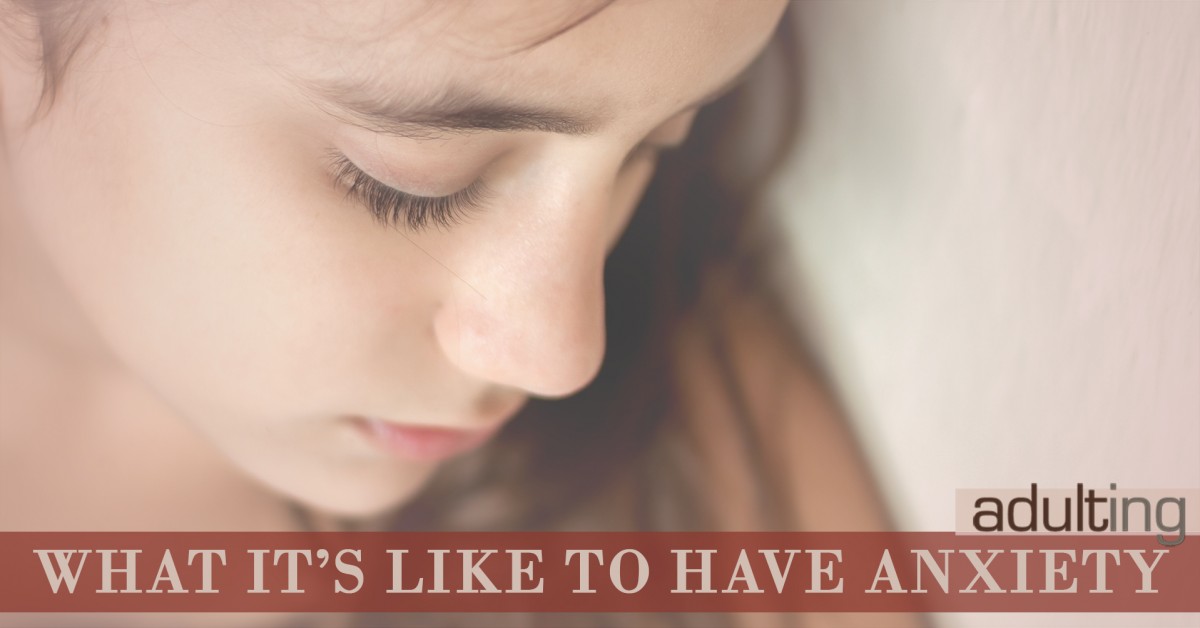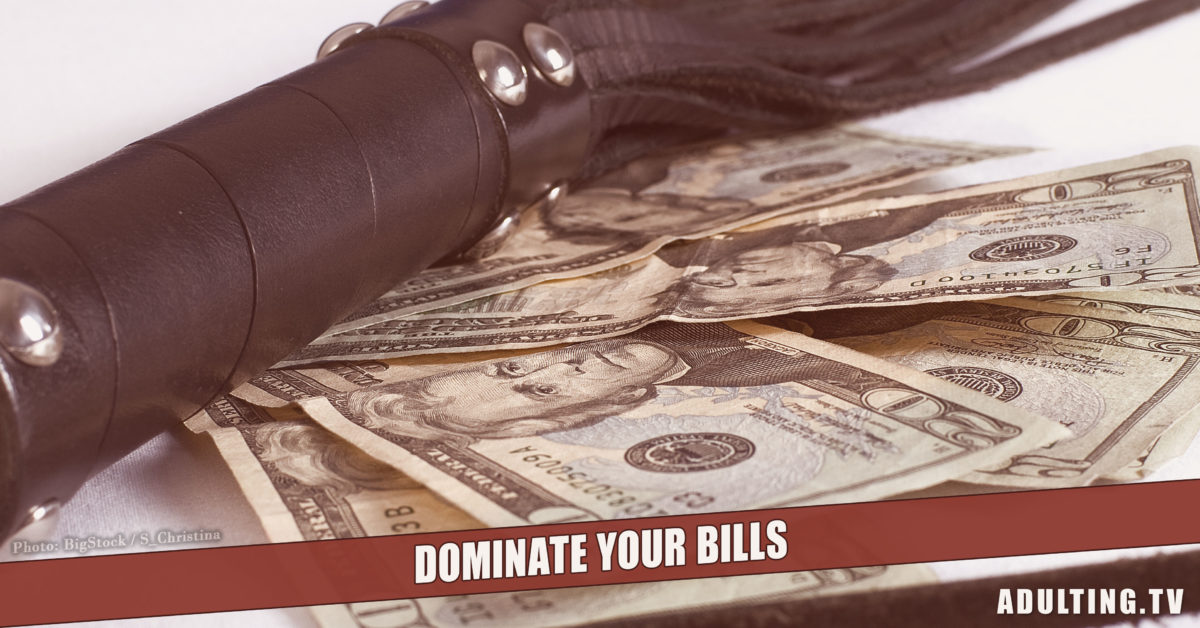Editor’s note: Whether you have anxiety or you have a close friend who has anxiety, it’s good to understand what other people may be experiencing. Part of successful adulting is communication and empathy, and reading or hearing what someone may be going through is helpful in that respect, and will help grow stronger relationships.
In the old days, the days of your parents, they just called you nervous. If you were on edge, it was your nerves. If you had a particularly bad episode, they would say you had a nervous breakdown. People went their entire lives without knowing the actual cause of that nervousness: anxiety.
Thankfully anxiety is better understood today, and for good reason: it’s one of the most common mental health disorders on the planet. According to The New York Times, it’s now more common among college students than depression. No matter who you are, you or someone close to you has probably been affected by anxiety.
But despite its ubiquity, anxiety is still misrepresented and misunderstood. It’s a difficult disorder to describe, and as such you’ll still hear it referred to as “nerves” or “stress.” Those terms aren’t completely off the mark, but they lack the nuance to truly explain just what it actually feels like to have anxiety.
How does it feel?
I didn’t realize I had anxiety until my senior year of college. I was often stressed and anxious, but so was every Type A student managing a full course load and extracurricular activities. I’d known since high school that I frequently got stomach problems if I started getting nervous or upset, mostly due to my irritable bowel syndrome, but I never considered that the nervousness itself was a symptom.
When I heard someone describe the symptoms of anxiety, I recognized them immediately. Anxiety is about feeling overly nervous or worried with no reason to be. It’s about perceiving every minor slight or incident and worrying about it incessantly.
Living with anxiety is like having the most pessimistic devil on your shoulder. When I lose a client, anxiety tells me that I’m not cut out to be a freelance writer. When I forget a friend’s birthday, anxiety tells me that this is why I struggle to keep friends. Anxiety is a straight-up bitch.
I spent years with different therapists learning about cognitive behavioral therapy and how, even though I couldn’t cure my anxiety, I could learn how to recognize when it was affecting me.
What helps?
One of the best strategies my therapist taught me was how to challenge the anxious thoughts in my head. There are many ways anxiety can manifest itself, but thankfully there are just as many ways to combat it.
She gave me this worksheet where I could list the anxious thoughts I was having, why I was having them, and a more rational scenario. For example, if I was anxious about not hearing back from an editor and assuming that he didn’t like my latest article, the worksheet could help me realize that he likely hadn’t taken the time to read it yet.
What helped even more was taking medication, a solution I resisted for years. It’s one thing to go to therapy, but I was convinced pills were only for people who were “broken.” Even when my equally prescription-dubious husband suggested it, I resisted. I was worried I wouldn’t feel like me anymore. I was also worried that if my anxiety did improve, it would be because of the pills and not anything I accomplished
After consulting with a good friend who takes anxiety medication, I finally talked to my doctor. After one day’s dose, I felt significantly better. Suddenly I wasn’t as anxious on a regular basis, and when I was, I could handle it.
I compare anxiety to driving on the highway in the dark with traffic cones everywhere. Anxiety medication can remove the cones and make it easier to drive, but you’re still in charge of the car.
I know there’s plenty of stigma about anxiety and medication. When I texted my mom that I was getting a prescription, she left two voicemails. I told my dad in person, and he got very quiet — a rare feat, if you know my father. Society is still coming around to mental health medication, but to me it’s like taking medication for high blood pressure or cholesterol.
The more I talk about it openly, the more I find out how many people I know that are medicated. Like anything, the more we share, the more we realize how similar we are.
Do you have anxiety? Does a close friend? Share your experiences — you might help someone.






